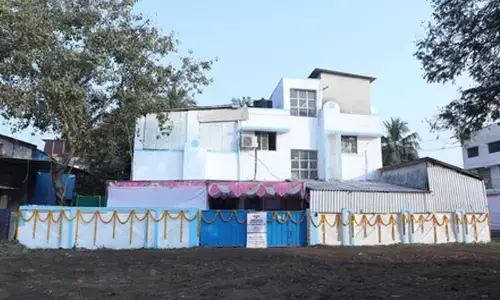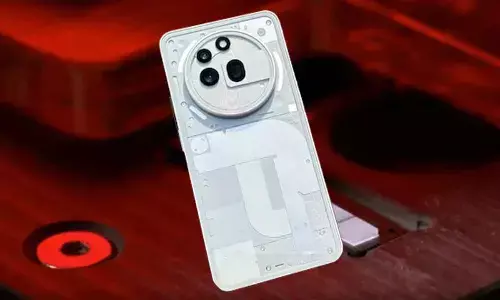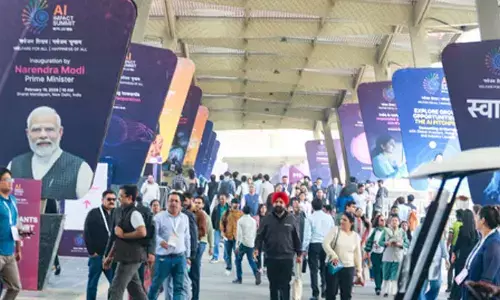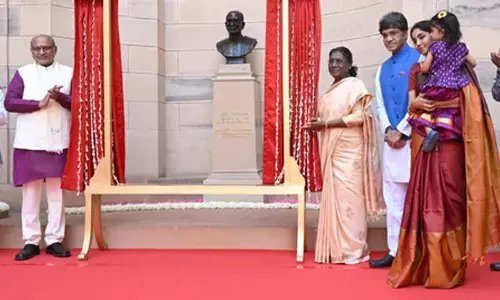Svaritha advocates inclusiveness in museums
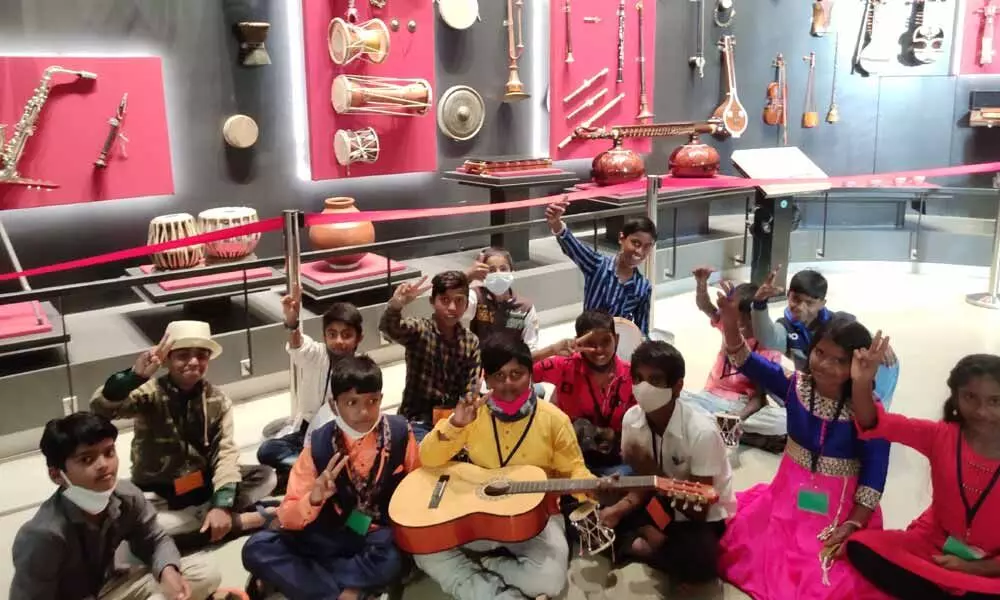
Svaritha advocates inclusiveness in museums
Indian Music Experience Museum welcomes 600 children with neurodiverse needs and children from socially disadvantaged backgrounds into the museum for customised experiences
Bengaluru: In an effort to promote inclusiveness in museums, The Indian Music Experience Museum (IME) in Bengaluru embarked on its flagship community project, Project Svaritha, targeting children with neurodiverse needs (those with autism spectrum disorder, and diagnosed intellectual disability) and children from socially disadvantaged backgrounds. The study, supported by Kotak Mahindra Investments Limited CSR Education and Livelihood Grant, has highlighted key findings that museums can implement when engaging with both of these groups to increase inclusion and accessibility.
The findings are now being implemented at the IME, and over 550 children from socially disadvantaged backgrounds and over 50 with neurodiverse needs have been brought to the museum for experiential learning and workshops, which were designed based on the report findings. The IME will also conduct two online panel discussions with experts to further discuss the findings, on the 27th and 28th of January at 5:00 pm IST via Zoom.
For children with neurodiverse needs, the study found that many require individual assistance and frequent pause points at public places like museums. Furthermore, between spaces or activities, careful transitions using signals like ringing a bell or clapping will ensure the children feel comfortable. Many are non-verbal, and require support in expressing their needs, so museums can provide communication kits which help them to do this.
The museum environment needs to be set up for sensory sensitivity, with no background music, an even temperature throughout, and warm bright lighting. Multisensorial, customisable exhibits are a good way to engage children with neurodiverse needs, along with exhibits celebrating diversity and advocating for inclusion. The study also found that children would prefer exclusive time at the museum, in guided tours with groups of 3 or 4 for no longer than 2 or 3 hours, and a break every 30-60 minutes. Before the visit, museums can send a pre-visit information pack to support preparation by the parents and caregivers, and to assess the children's needs.
The second study, which looked at children from socially disadvantaged backgrounds - a first of its kind in India - found that these children value choice and agency during outings, preferring to explore on their own terms. To do this, museums can have fewer rules, open-ended questions and time for play. These children look for linguistic diversity and representation in museums, as they often don't feel that they belong - museums can change this by creating multilingual instructions for how to use exhibits, hygiene facilities, and other things that may be new to them. Food is also an important component of any outing, and they particularly look forward to exciting snacks and meals like biryani and noodles. To be truly inclusive and empathetic towards children from socially disadvantaged backgrounds, museums should create space for them to add to an exhibit and express themselves as this will make them feel like they belong.
Looking at how museum staff members and volunteers can support the children, the study found that they will need regular training on engaging the children with music, movement and roleplay. For children with neurodiverse needs, training must be provided on communication toolkits and supporting parents and caregivers with meltdowns. For those from socially disadvantaged backgrounds, staff members and volunteers need to be trained in trauma-informed practices to understand the kinds of backgrounds they may have had, and the behaviors these might engender.
Commenting on the findings, Manasi Prasad, Museum Director, IME said, "Over the past year, the IME has pivoted strongly towards using music as a tool for change and community building. Music has the power to impact lives beyond performance and learning, and can make children feel included and valued. We believe that music is for everyone, and it has been especially gratifying seeing children from disadvantaged and neurodiverse backgrounds respond so positively to the warm and welcoming environment at the museum. We hope that our publication and project work will inspire Indian museums and cultural institutions to actively reach out to communities beyond traditional audiences, and make cultural spaces welcoming and accessible to everyone. We aim to continue Project Svaritha over the next several years, and look forward to support from donors, volunteers and partner organizations in this endeavor."
Dr Kalpana Purushothaman - Member Magistrate, Juvenile Justice Board, Bangalore (Urban) commented, "Children from socio-economically disadvantaged backgrounds are often denied or deprived of access to the arts, music and other forms of cultural capital as their families are often engaged in a constant struggle and fight for survival, so art or music often seems like a luxury. It is here that access to spaces like a music museum can act as a bridge for children to be exposed to diverse kinds of music, musicians, instruments and so on and open up a whole new world of experience for them."
The Svaritha project was led by Tiggy Allen, Operations Manager at ReReeti Foundation for Museums, Galleries and Heritage Sites, along with Dr. Kalpana Purushottaman, Adjunct Professor at Indian Institute of Psychology and Research (IIPR), Member of Juvenile Justice Board, Bangalore, Ms. SangithaKrishnamurthi, Co-founder of The Teacher Collective, Consultant Special Educator and Teacher Trainer, Sonal Raja, Clinical Psychologist, Shivani Shah, Architect, and Anant Fellow, and project interns K Nitya Devayya, SookthiKav, Ayadi Mishra, and Varsha Anand.




